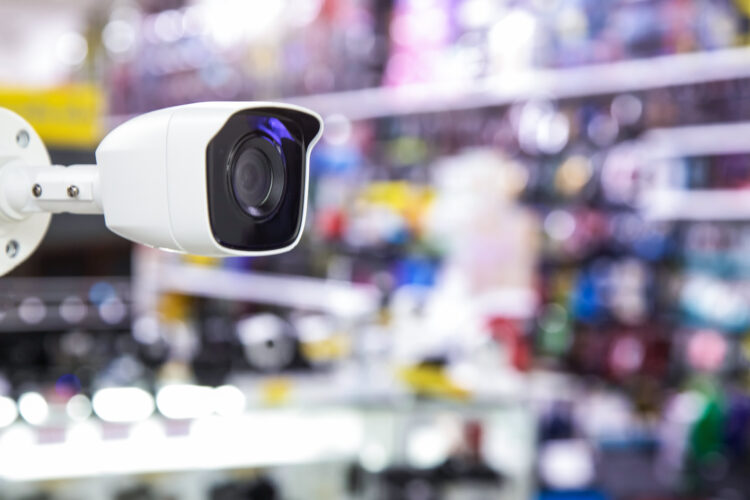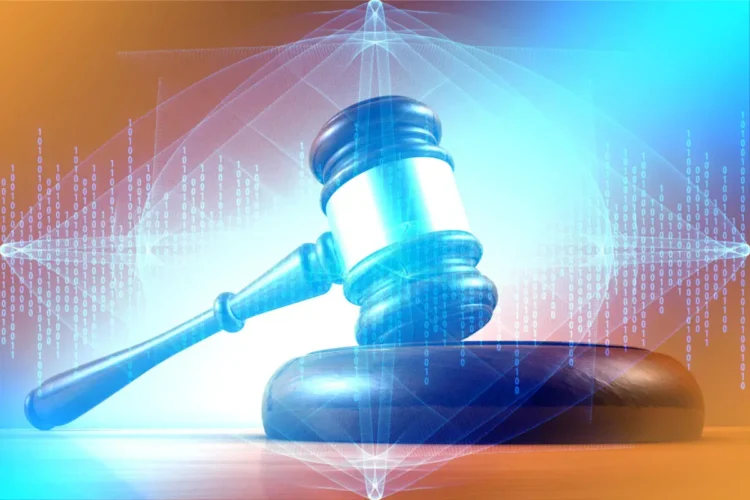In an age where technology permeates nearly every aspect of our lives, it’s no surprise that the boundaries between personal and professional spheres can sometimes blur. As employers strive to ensure productivity and security within the workplace, the issue of employee privacy has become a critical topic of discussion.
Here we will explore the laws protecting employee privacy. That sheds light on employers’ and employees’ rights and responsibilities in maintaining a balanced and respectful work environment.
Balance of Employee Privacy vs. Employer Interests

Maintaining a productive work environment while respecting employee privacy is a delicate balancing act for employers. On the one hand, employers have legitimate reasons to monitor employee activities, such as preventing data breaches, ensuring compliance with company policies, and protecting company resources.
On the other hand, employees have a reasonable expectation of privacy when it comes to personal communication, online activities, and sensitive information. Striking the right balance fosters trust and maintains a positive workplace culture. There are so many benefits from conducting electronic surveillance.
Benefits of Conducting Electronic Surveillance

1. Enhanced Security Measures
Employers often employ electronic surveillance, including video surveillance, to safeguard company premises and assets. Such measures can deter theft, vandalism, and unauthorized access, contributing to a secure work environment. Employees also benefit from a safer workplace by protecting the company’s resources.
2. Detecting and Preventing Misconduct
Electronic surveillance can assist in identifying and addressing employee misconduct, such as harassment, unauthorized sharing of confidential information, or other violations of company policies. Employers can promptly address such issues by monitoring employee activities and ensuring a respectful and ethical work environment.
Employee Monitoring Types and Limitations

1. Email and Internet Usage Monitoring
Employers may monitor employee email and internet usage, but this is subject to certain limitations. Generally, employers are allowed to monitor work-related communications and activities. However, they should refrain from accessing an employee’s personal email or invading their privacy outside of work-related matters.
2. Social Media Monitoring
While employees have the right to express themselves on social media platforms, employers may monitor public social media posts that may reflect negatively on the company or disclose confidential information. However, employers should be cautious not to infringe on an employee’s protected rights, such as freedom of speech or engaging in protected activities.
3. GPS Tracking and Phone Monitoring
In certain industries, employers may utilize GPS tracking or phone monitoring for legitimate purposes, such as ensuring employee safety or optimizing work schedules. However, it is essential for employers to notify employees about such monitoring and obtain their consent if required by local laws.
Laws Protecting Employee Privacy

1. Fourth Amendment and Government Employers
The Fourth Amendment to the United States Constitution protects employees from unreasonable searches and seizures conducted by government employers. Government employees have a higher expectation of privacy, and any surveillance measures must comply with constitutional standards.
2. Federal and State Privacy Laws
Various federal and state laws, such as the Electronic Communications Privacy Act (ECPA), the Health Insurance Portability and Accountability Act (HIPAA), and the California Consumer Privacy Act (CCPA), provide additional protections for employee privacy. These laws address issues like the interception of electronic communications, health information confidentiality, and personal data protection.
Employer Responsibilities and Best Practices

1. Establish Clear Policies
Employers should create clear policies regarding employee monitoring, electronic surveillance, and data protection. These policies should outline the purpose and scope of monitoring, the types of activities subject to monitoring, and the steps taken to ensure the security and confidentiality of collected data.
2. Obtain Informed Consent
When conducting electronic surveillance that involves personal information or private activities, employers should obtain informed consent from employees, where required by law. This consent should be voluntary, specific, and informed, ensuring employees understand the purpose and implications of monitoring.
Employee Privacy Rights

1. Expectation of Privacy
Employees have a reasonable expectation of privacy in certain areas of their work environment. Private spaces, such as restrooms or personal lockers, are generally considered off-limits for employer monitoring. It is important for employers to respect these boundaries and not infringe upon employees’ privacy rights in these areas.
2. Personal Devices and Bring Your Own Device (BYOD) Policies
The increasing prevalence of personal devices being used for work purposes raises important questions regarding employee privacy. Employers should establish clear policies regarding the use of personal devices for work-related tasks, ensuring that employees understand the extent to which their personal devices may be subject to monitoring or access by the company.
Consequences of Employee Privacy Violations

1. Legal Ramifications
Employers who fail to adhere to laws protecting employee privacy may face legal consequences, including lawsuits, fines, or damage to their reputation. It is essential for employers to stay updated on relevant privacy laws and regulations to avoid potential legal pitfalls.
2. Employee Distrust and Negative Impact on Morale
A lack of respect for employee privacy can lead to a breakdown of trust between employers and employees. When employees feel their privacy is violated, it can hurt morale, job satisfaction, and overall productivity. Employers should recognize that respecting employee privacy is a legal obligation and a crucial aspect of fostering a positive work environment.
Emerging Trends and Ethical Considerations

1. Artificial Intelligence (AI) and Algorithmic Decision-Making
The increasing use of AI and algorithms in the workplace raises ethical concerns about employee privacy. Employers must ensure that these technologies are used in a fair and transparent manner, without perpetuating biases or compromising employee privacy rights.
2. Employee Data Protection and Cybersecurity
With the growing amount of employee data collected and stored by employers, protecting this data from unauthorized access or breaches is paramount. Employers should implement robust cybersecurity measures to safeguard employee information and ensure compliance with data protection laws.
Conclusion
Protecting employee privacy is of paramount importance in today’s digital age. While employers have legitimate reasons to monitor employee activities, it is crucial to strike a balance that respects privacy rights. By understanding the legal framework and adopting best practices, employers can create a work environment that safeguards both their interests and the privacy of their employees. Fostering a culture of trust and transparency will benefit both parties, leading to enhanced productivity and job satisfaction in the modern workplace.







